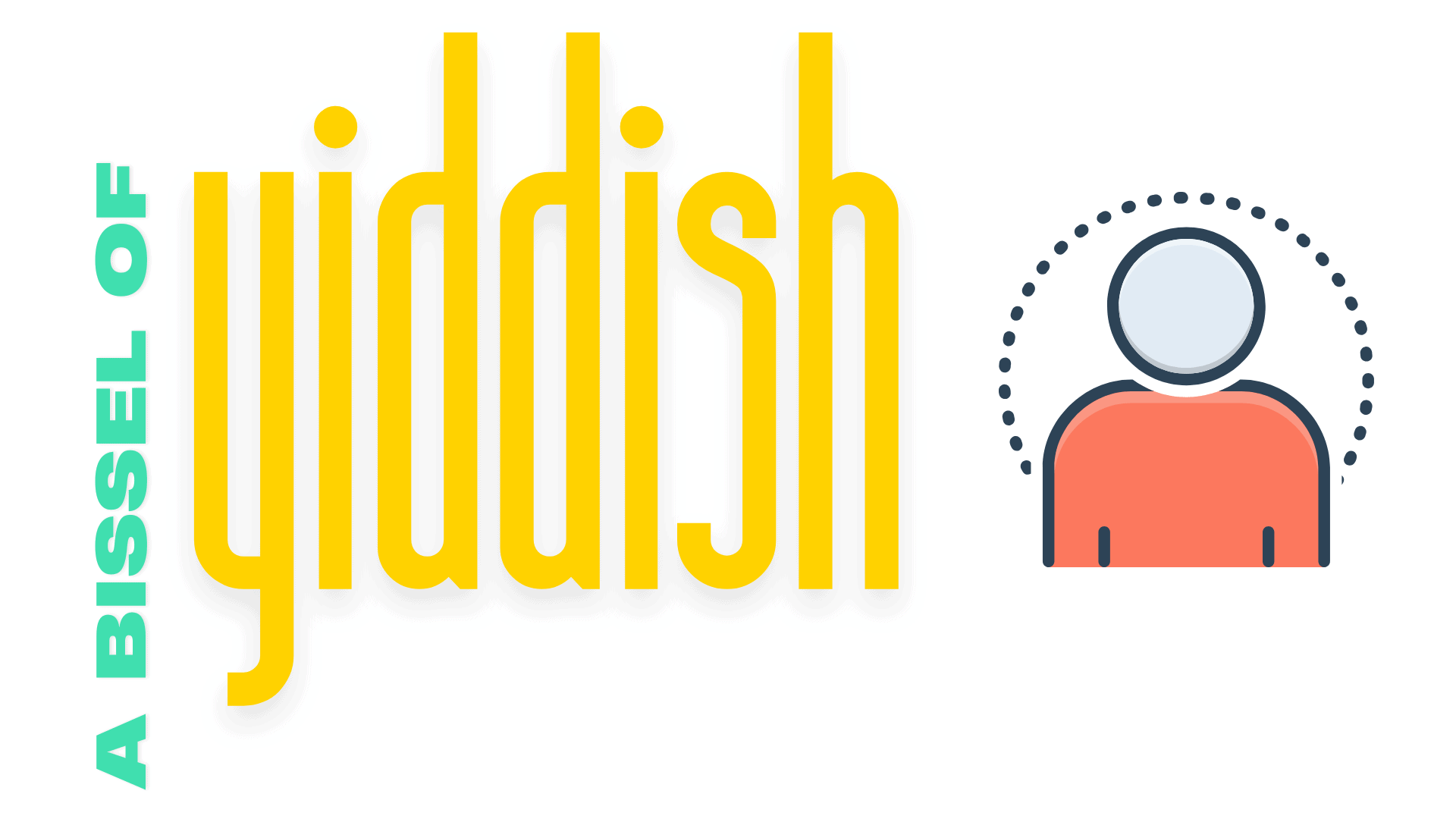A bit of Yiddish has managed to slip into everyday language. In fact, it’s not uncommon to hear people of all backgrounds talk about chutzpah. And most who do, have no idea they’re speaking Yiddish, a language historically spoken by Ashkenazi Jews.
A combination of High German and Hebrew, efforts are underway to keep the language alive through clubs, Youtube videos, classes, books, and performances.
Even in Tidewater, the Yiddish Club is making a comeback. Attendees at the monthly meetings are embracing Yiddish culture, language, and history with music, film, poetry, and literature. For information, go to www.Jewishva.org/YiddishClub.
Through A Bissel of Yiddish, Jewish News hopes to introduce and remind readers of a few Yiddish words and phrases. Bissel is Yiddish for ‘little,’ by the way.
Harry Graber is researching and compiling each installment.
Yiddish word
Chutzpah
From Chabad.org, Chutzpah is a Hebrew word that has been adopted into Yiddish and then English. Chutzpah can be defined as audacity, insolence, impudence, gall, brazen nerve, effrontery, incredible guts, presumption and arrogance.
Chutzpah is a kind of attitude, “as though there’s nothing really there stopping you from doing whatever you want.” It can be good or bad.
Yiddish phrase
Since this issue contains the Guide to Jewish Living in Tidewater, “Community” is the topic for some Yiddish phrases.
Alleh Yiddin zenen farantvotlekh eyner far dem adnderen.
All Jews are responsible for one another.
Mir zolt nit tzesheiden zikh fin der kehilla.
Do not separate yourself from the community.
Bamerken vi gut an vi ahongenem dos is far brideren un shvesteren tzi voynen tsuzamen.
Behold, how good and how pleasant it is for brethren to dwell together in unity.
Ich darf nit as di misn mit mir ober ich darf as di misn zorgen vegen mir!
I don’t need you to agree with me, I need you to care about me!

